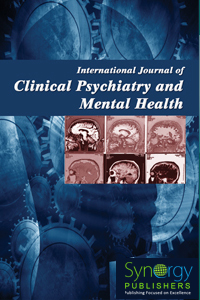
Biocognitive Rehabilitation of Down Syndrome Pages 161-168
Jean A. Rondal
University of Liège, Belgium
DOI: http://dx.doi.org/10.12970/2310-8231.2014.02.03.5
Abstract: Important progresses in understanding the biology of Down syndrome open new perspectives for cognitive rehabilitation of persons with this genetic condition. Research developments toward specifying a field of cognitive pharmacology for persons with intellectual disability appear promising. The availability of animal models of trisomy 21 allows for the testing of various molecules with the power of modulating the activity of particular genes involved in the causation of Down syndrome. In vitro experiments using induced pluripotent cells offer reasonable hope for removing or silencing overexpressed genes or even an entire chromosome 21. At the same time, cognitive intervention with children with Down syndrome is gaining in efficiency. The article reviews these developments. It is argued that combining biological and neurocognitive rehabilitation will boost the cognitive abilities of persons with Down syndrome to a large extent.
Keywords: Down syndrome, cognitive intervention, pharmacology, epigenetic therapy. Read more

